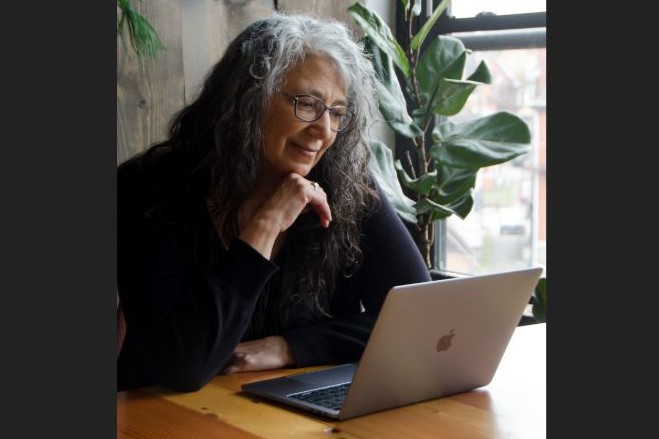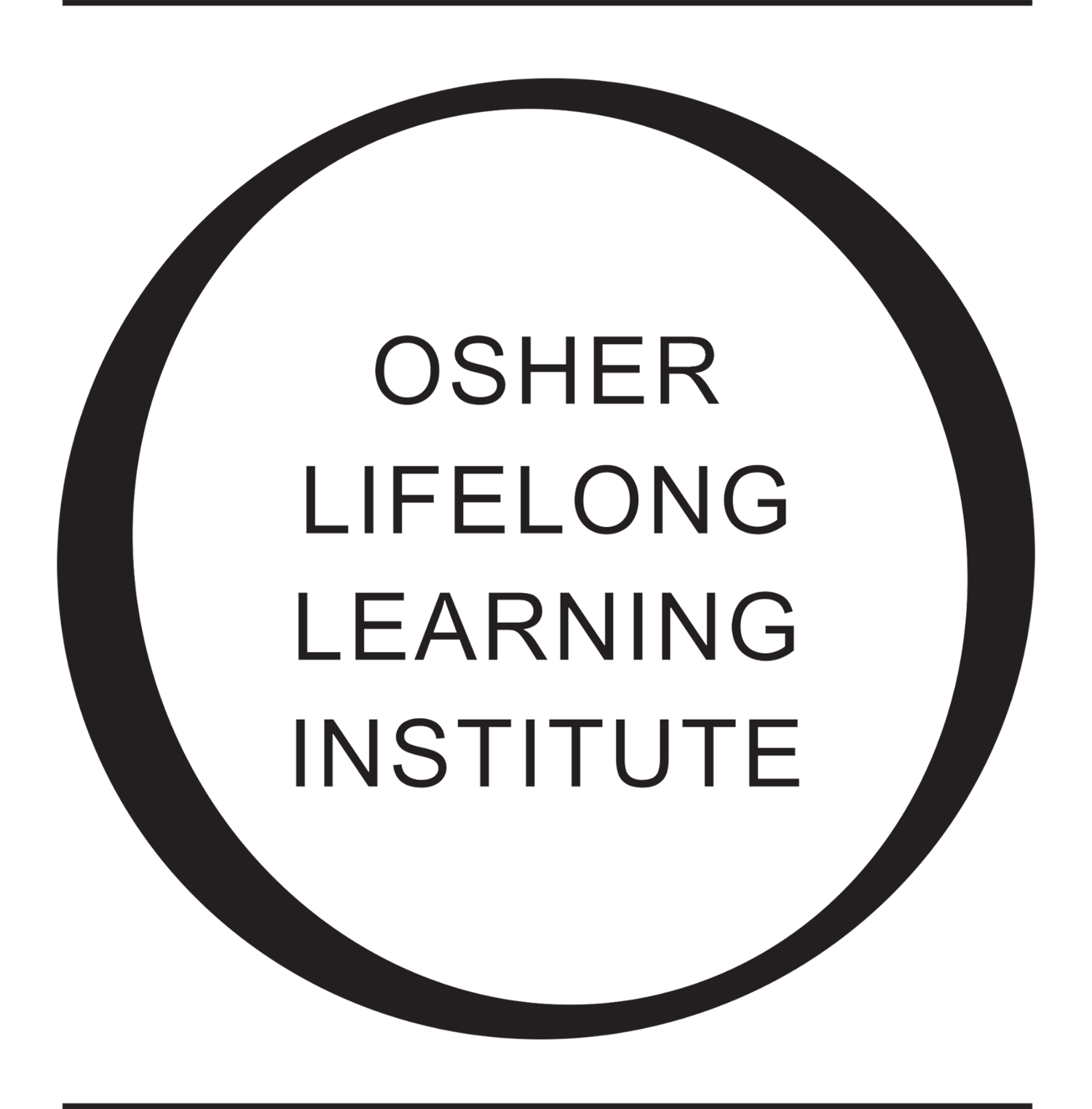
NEXT WEEK! Osher at CMU Lecture Series presents "The Lights and Nights of Pittsburgh" by Diane Turnshek
Historically, bright artificial light at night (ALAN) has been heralded as progress, celebration and safety. As more scientific research is published on the adverse effects of ALAN on the nighttime environment and on our health and safety, ways to mitigate the impact are being examined by governments, private industry and residents. Pittsburgh has been forward thinking in the plan for replacing 45K streetlights with LEDs, committing to dimmable, shielded, low temperature, cost-saving LEDs for the streetlight relamping project to begin in 2022. What does it take to enact a cultural shift to see darker nights as safe and inviting? The International Dark Sky Association promotes the value of dark skies by lighting just when and where it's necessary, with the safest brightness levels. Let's review the facts to shed light on this issue.
Diane Turnshek is a lecturer in the Department of Physics at Carnegie Mellon University and an adjunct faculty member in the Department of Physics and Astronomy at the University of Pittsburgh. She runs the Astronomy Public Lecture Series at Allegheny Observatory and coordinates astronomy outreach in Pittsburgh through PghConstellation.com. Her love of both astronomy and science fiction led her to crew the Mars Desert Research Station where she turned her attention to dark sky advocacy and earned an International Dark Sky Defender Award. She gave a light pollution TEDxPittsburgh talk, curated a series of space art galleries and founded the local chapter of the International Dark-Sky Association. In 2019, she edited the genre anthology Triangulation: Dark Skies with twenty-one starry night short stories. She is planning a two and a half day International Astronomical Union Focus Meeting on light pollution in Busan, South Korea for 2022.
